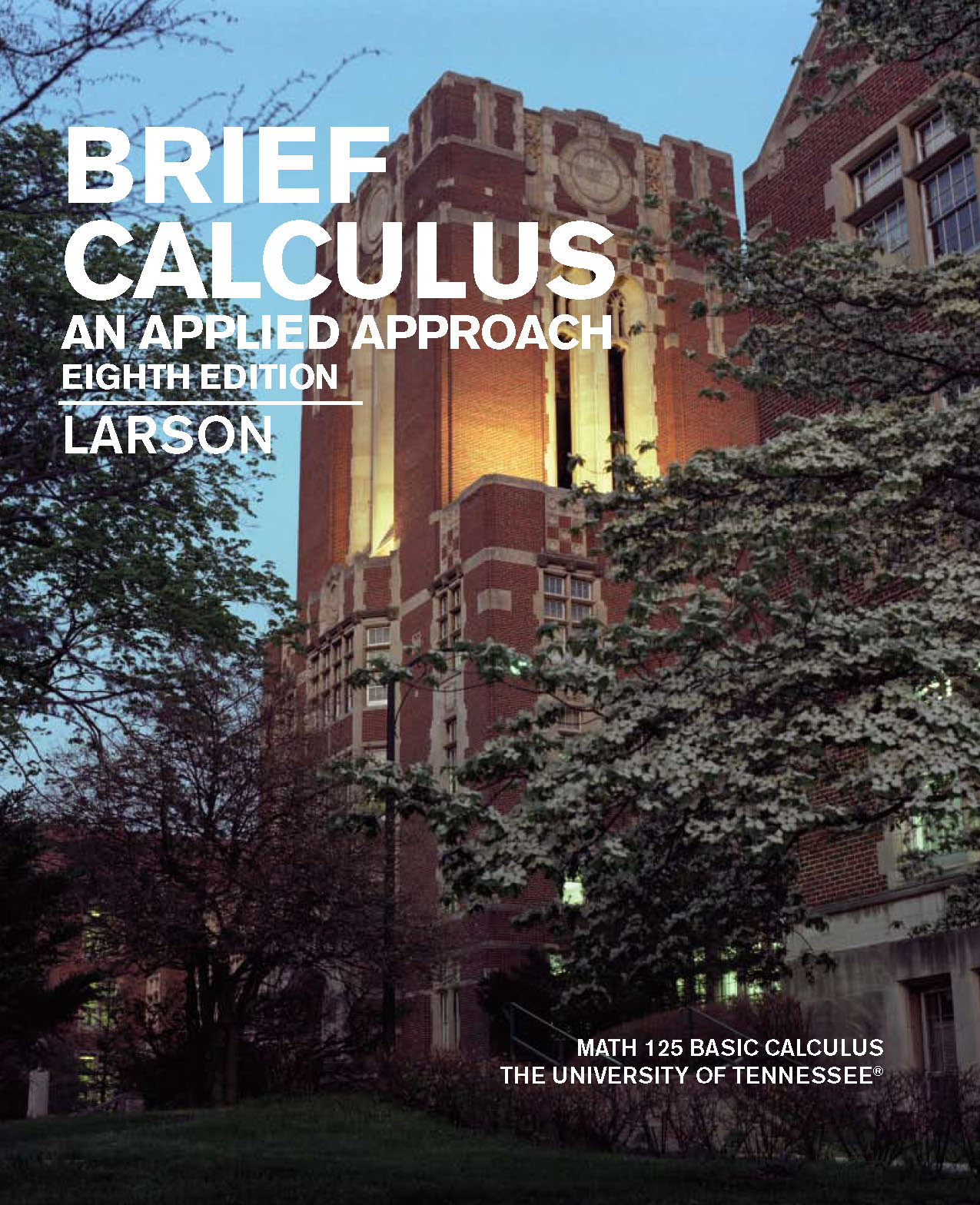

|
Quantitative Reasoning (2 courses):
In today's world, arguments and claims often rely for support on scientific studies
and statistical evidence. Students should possess the mathematical and quantitative
skills to evaluate such evidence. Furthermore, students should possess the skills
both to recognize the quantitative dimension of problems and to use mathematical
reasoning to formulate and solve the problem. Finally, students need strong quantitative
skills because they are indispensable in managing everyday-life situations.
This requirement may be completed by either (1) taking
two math or statistics courses from the list that follows, or (2) taking one math course
from the list and one course designated in the undergraduate catalog as having a
quantitative component (QR). The course designated as having a quantitative
component may be within the student's major or an elective.
Math 113, 115, 117, 123, 125, 141, 142, 147, 148, 151, 152, 202, Stat 201, 207
Course Description & Purpose: Math 125 is designed to introduce and explore the calculus of algebraic, exponential, and logarithmic functions. The objective of the course is to familiarize the student with the basic concepts and techniques of differential and integral calculus and their applications in problem-solving. An intuitive understanding of concepts is stressed over theory and rigorous proofs.
Prerequisite(s): Satisfactory placement level, or pass M119 or M130. Prerequisite requirements are strictly enforced. For students who have recently completed Math 119 or Math 130, it is recommended that they take Math 125 before taking Math 123.
Calculators: A small scientific calculator is recommended for this course to aid arithmetic computations and to approximate transcendental solutions. Use of cell phone calculators and calculators with programming capabilities is forbidden in this course.
Companion Websites: Enhanced WebAssign is used for online homework and as a study aid. The passkey comes packaged with all new texts purchaced through the UT Bookstore or can be purchaced separately. WebAssign will be accessed through Blackboard. WebAssign provides homework assignments with text specific help and 24 hr. tech. support. CengageBrain is a web site that offers alternate text access and additional study aids.
Audience: The typical student in Math 125 is majoring in one of the following subjects: business, economics, social science, agriculture, architecture, communications, or human ecology (see the Undergraduate Catalog for details). This course will not satisfy the calculus requirement for students who wish to major in mathematics, physical sciences, engineering or computer science.
Topics Include (but are not limited to): Rates of change, derivatives and interpretations of the derivative, techniques of differentiation, marginal analysis, optimization, accumulated change and the definite integral, the definite integral as area, antiderivatives, the Fundamental Theorem of Calculus, applications of the integral, techniques of integration (substitution).
Adding/Changing Sections: Instructors cannot add students to a class. All schedule changes must be made through Circle Park Online.